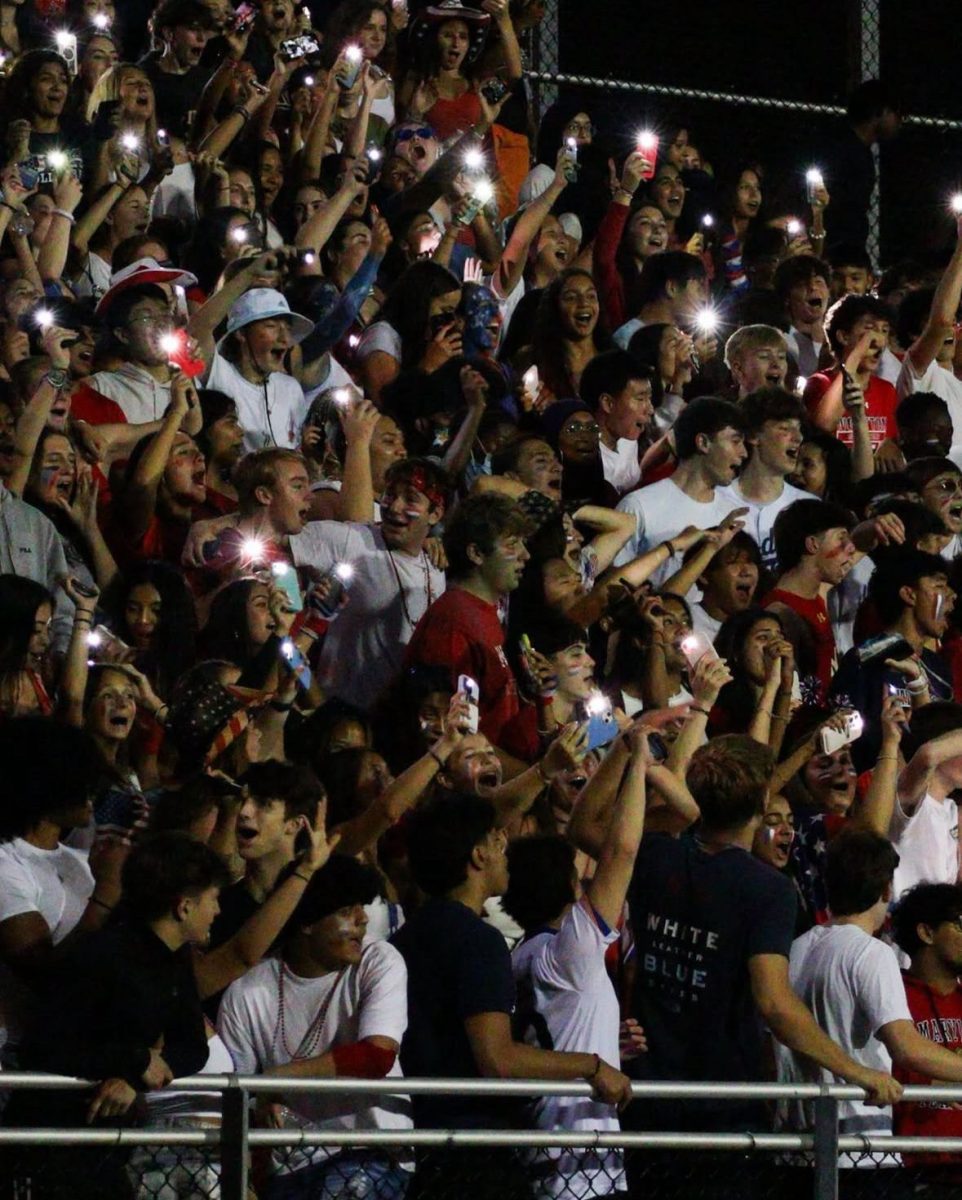It’s that time of the year when clubs and leadership organizations start interviewing for the following academic school year. Leadership positions open as the graduating class exits the school, leaving the rising sophomores, juniors and seniors an opportunity to become more involved. However, with the fast-growing community of clubs at this school, there is an even bigger topic at hand: bias when choosing members.
Organizations at this school often have an interview process to uphold their prestigious standards. Clubs like Patriot Ambassadors, honor societies, senior class planning and the Student Government Association (SGA) hold interviews in the spring semester to determine the participating students in the following year. Most of the time, the current leadership of the club as well as the sponsor decides whether or not a student should become a member of the club. Students have begun to express their concern about not being able to be a part of the club due to biases when leadership is choosing their members.
While all students have friendships with different people, there are some who could get preferential treatment due to connections that are had to the organization’s leadership. If a student is interviewing for a club, and someone interviewing them is a student they have a relationship with, it could cause bias in the interviewer’s decision, giving the student a better chance of being accepted into the club. This leaves the students who may not be friends with as many older students or have a relationship with people in the club leadership worried that they will not get into the club.
Some may argue that the interview process of clubs prepares students for real-world opportunities and that in life using one’s connections ultimately benefits them, however, there are just as many students who want to gain more connections by interviewing for a club and gaining a spot in the community as well. Interviewing with people you know may be a reflection of how the real world works, it does not give an equal opportunity to those who are trying to gain more connections for the future. While going through the Patriot Ambassador program, I have seen a wide variety of students apply – some have no experience while others have lots of experience in extracurricular activities. While some may see a student who has no other extracurriculars trying to become more involved, numerous clubs view this negatively, believing that because they are not already involved in the community, they would not be a good member of the organization.
While it can be true that some people don’t take an active role in the school and community, something should be said for students taking the initiative to apply for a club that they feel they want to be a part of, and instead of rejecting a student for not already participating in clubs, more organizations should rejoice in the fact that students want to help their school. “I wasn’t as involved my freshman year in the school, focusing more on sports and maintaining my grades, but after interviewing for multiple different organizations and not making it, I felt as if it was because I already was in little extracurriculars, and not doing as much for the school already, even though I wanted to start the following year being more involved in the school in these clubs,” an anonymous sophomore said.
Many organizations hold elections for leadership positions in the spring. These elections are designed to determine the best candidates to lead the clubs each year but have become more of a popularity contest than a way to determine the best candidate for the position. Students may have an active role in a club and want to further their leadership by running for a position, however, they may feel as if they don’t know enough people, and therefore they won’t get elected due to the other people running being more known in the school.
During my first year in the National Honor Society, I wanted to run for the executive board but was scared by the number of students who had already applied, as I didn’t know as many people as they did. I ended up not running because I felt as if I would be putting myself out there and not getting the position would make me feel as if I wasn’t worthy. Other students have felt the same way, and due to the large number of students at this school, there are limited opportunities for students just trying to gain more experience.
Although this process of interviewing for clubs does ultimately give students a look into the real world, it also pushes them away from being more involved, especially if the student does not know as many people, or isn’t as involved as the club wants them to be. Instead of rejecting students who may not seem like the “ideal” candidate, students should be accepted for the diversity that each student at this school brings, and each different experience that they bring into view, not focusing on who someone has a connection with or who may not look like someone who is already a member of the organization.


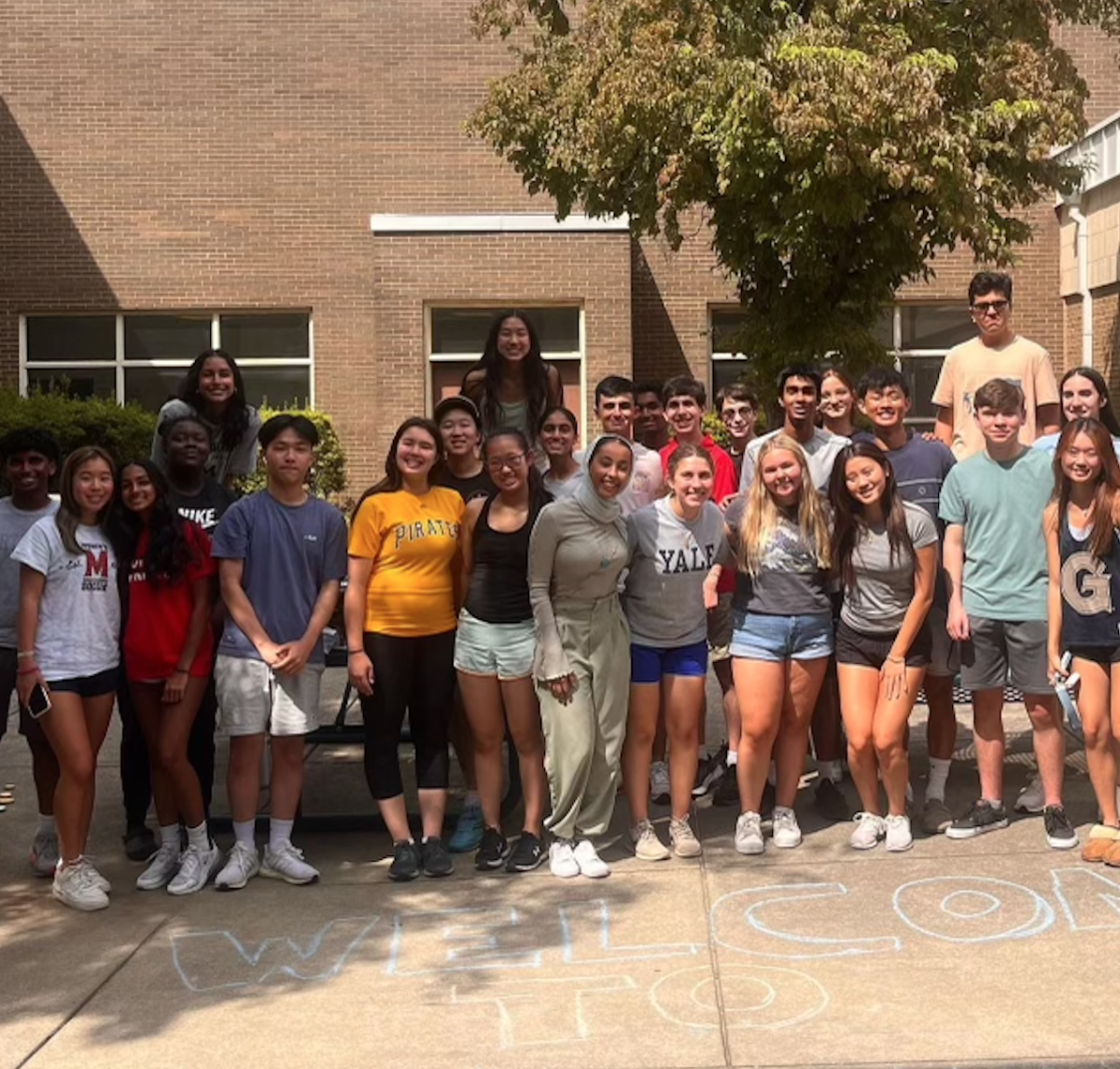
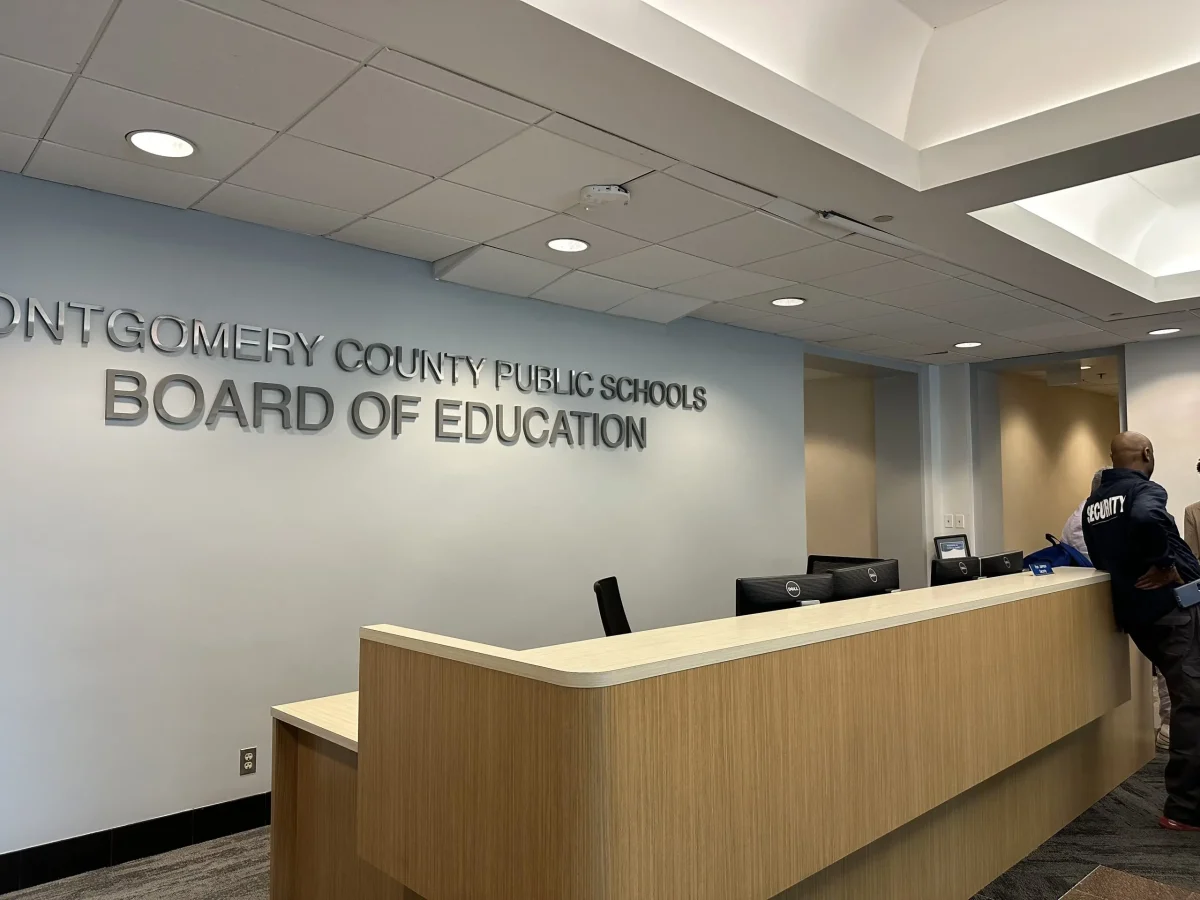
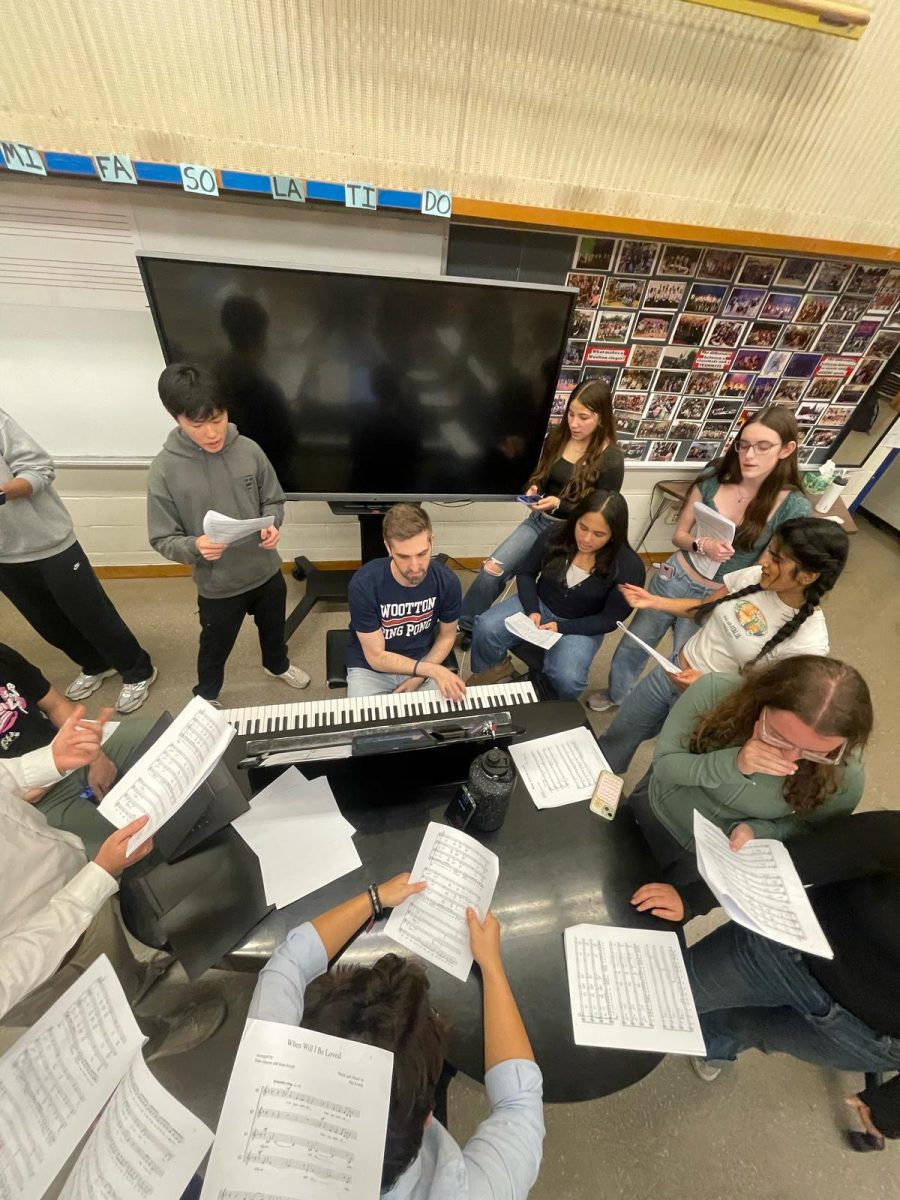
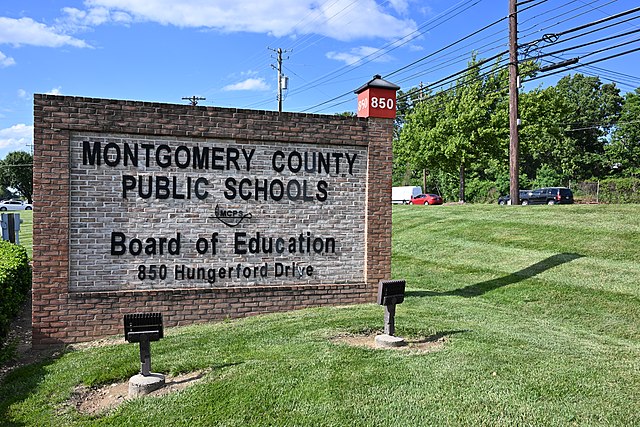
![The 2025-2026 Editorial Board Alex Grainger, Cameron Cowen, Helen Manolis, Emory Scofield, Ahmed Ibrahim, Rebekah Buchman, Marley Hoffman, Hayley Gottesman, Pragna Pothakamuri and Natalie Pak (Chase Dolan not pictured) respond to the new MCPS grading policy. “When something that used to be easy suddenly becomes harder, it can turn [students’] mindset negative, whereas making something easier usually has a better impact. I think that’s where a lot of the pushback comes from. But if you put emotions aside, I do think this change could help build stronger work ethic,” Ibrahim said.](https://woottoncommonsense.com/wp-content/uploads/2025/09/fqr5bskTXpn0LRQMmKErLuNKdQYBlL726cFXBaWF-1200x900.jpg)
